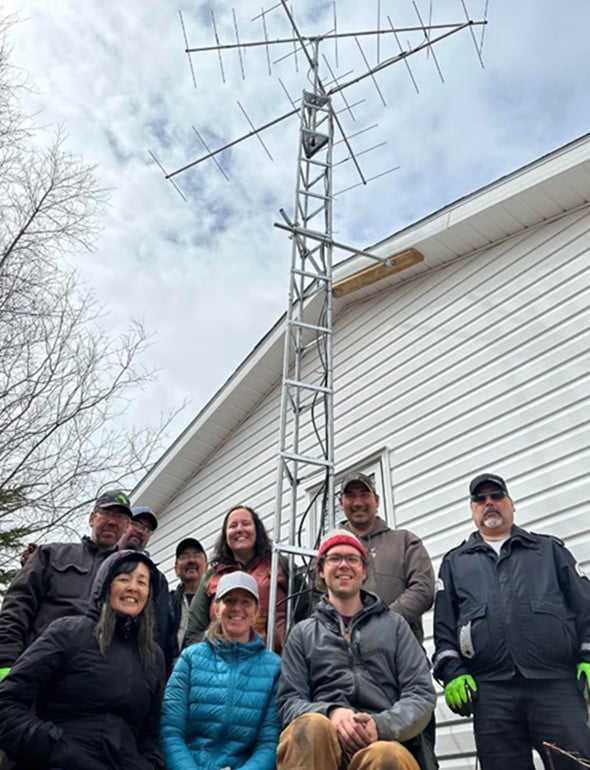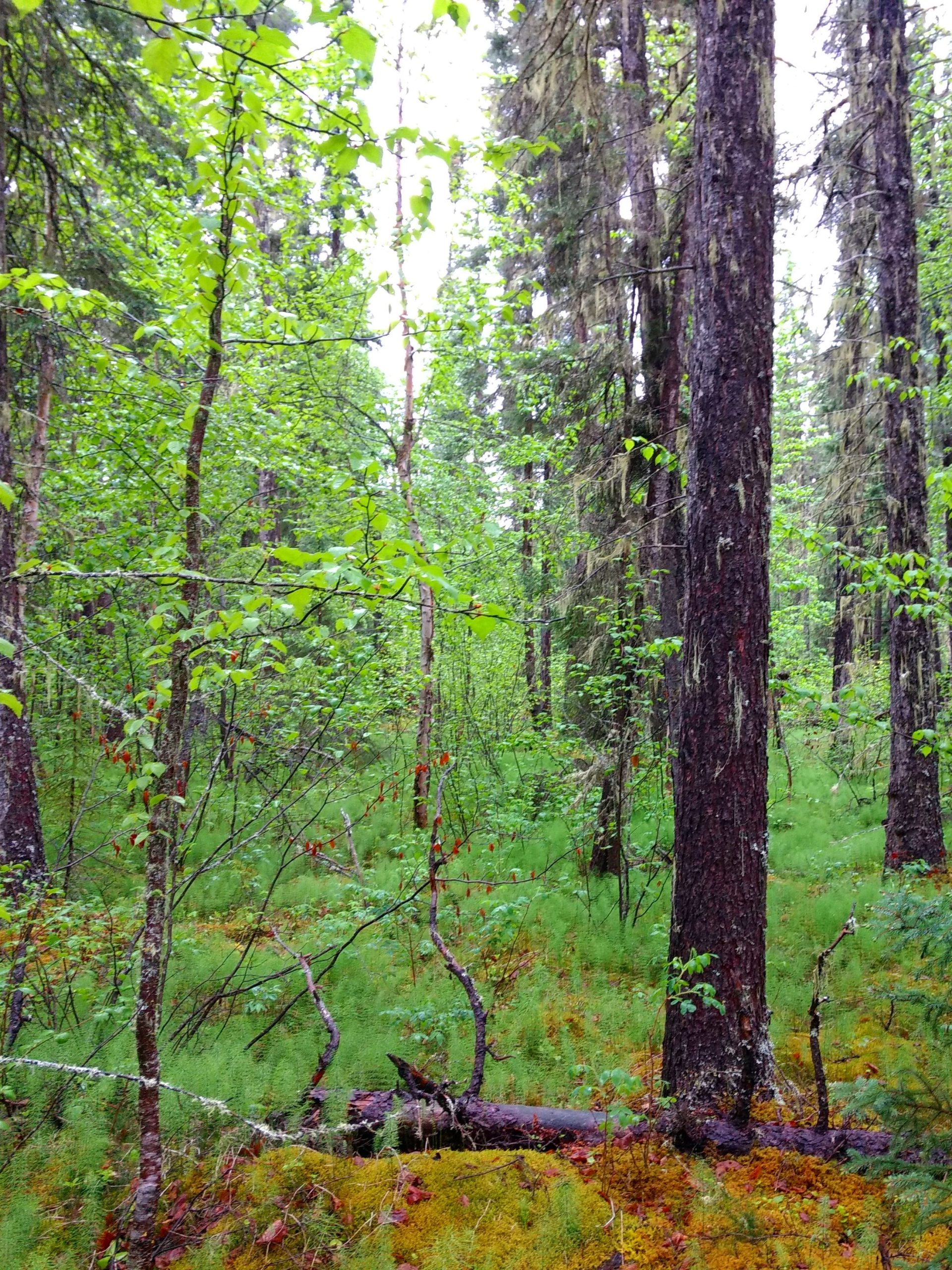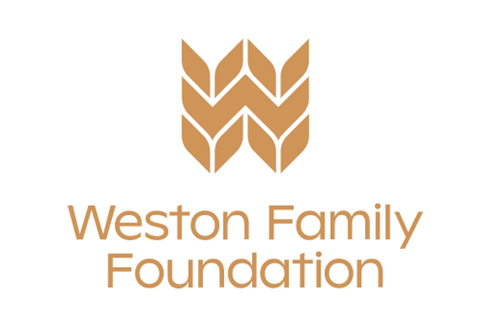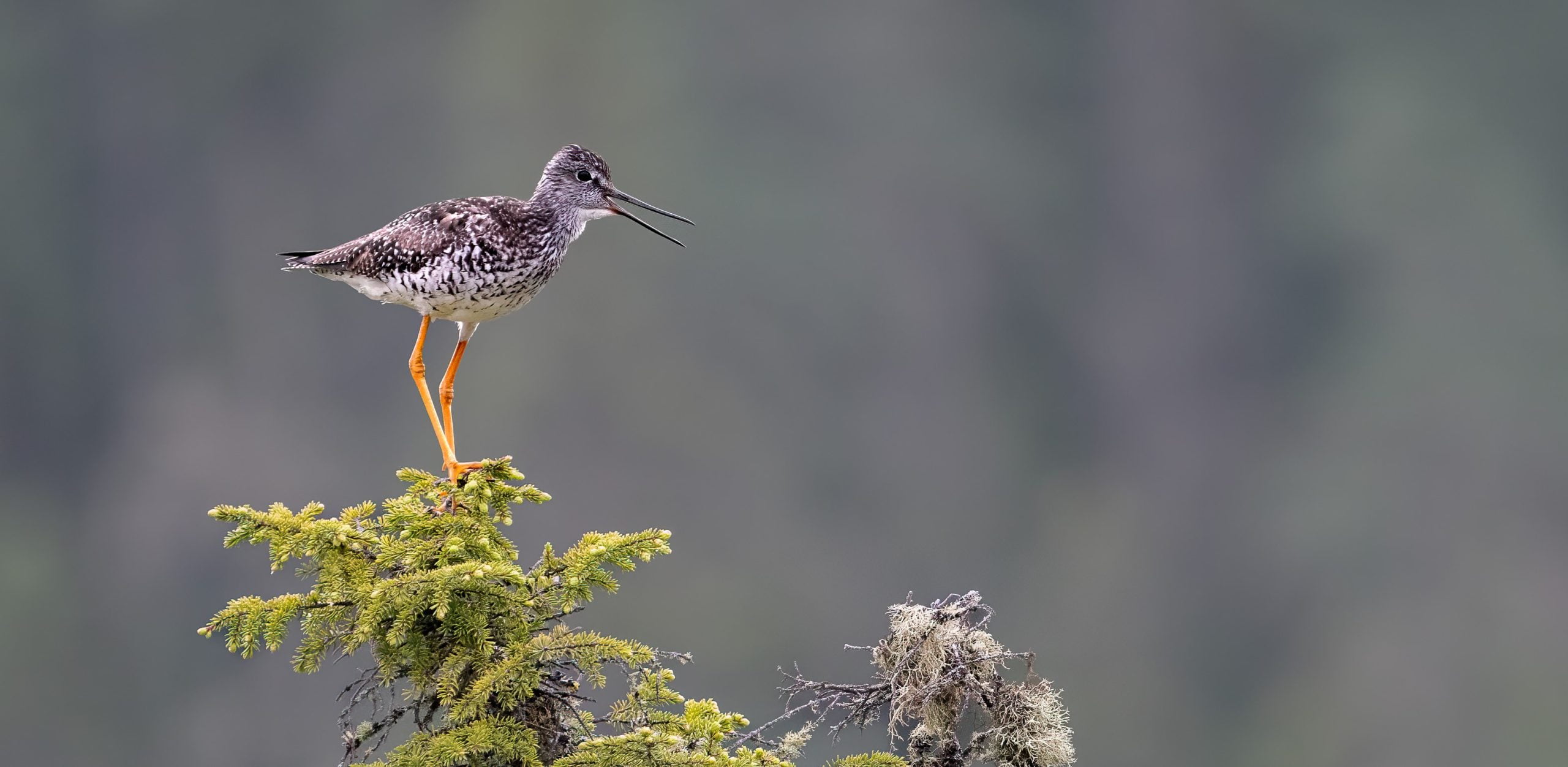Indigenous-led monitoring and conservation in the North
The Boreal Forest is often called “North America’s bird nursery” due to the incredible numbers of birds (and bird species) that migrate there for the summer months each year to breed. The Boreal Forest, the Arctic tundra found above the treeline, and the rich bays, shorelines, coastlines, and oceans throughout the North are some of the most productive, continuous, and least human-influenced regions left in the world. Beyond the incredible biodiversity that these regions support, the climate benefits of northern ecosystems are huge. The Boreal Forest absorbs and stores incredible amounts of carbon, helping to slow atmospheric warming. Additionally, the vast ice and snow cover of the Arctic and Boreal regions help to reflect heat and reduce warming. Given the astounding biodiversity and global climate benefits of the North, Canada has a large responsibility to conserve and support these regions.
“Science in the North is an exciting project that will see an expansion of bird monitoring and habitat conservation in northern regions by working directly with Indigenous Nations and communities that live there.”
A key to conservation success in Canada’s North is Indigenous-led conservation. Indigenous Peoples have always cared for and lived on the land, and have incredible experience and knowledge to bring to conservation efforts. And, importantly, centering Indigenous voices in land and ocean conservation discussions is a critical part of reconciliation.
Birds Canada is excited to have increased capacity to help support Indigenous-led conservation and wildlife monitoring projects in the North. Using our monitoring tools, data, and expertise, and by working with northern Indigenous governments and communities, we are helping support habitat conservation efforts, such as Indigenous Protected and Conserved Areas and National Marine Conservation Areas. Our initial work will be focused on Canada’s eastern Boreal Forest and sub-Arctic region.

Installing a Motus tower with the Nunatsiavut Government in Happy Valley-Goose Bay, Labrador. Photo: Regina Wells

Boreal forest in Northwest Territories. Photo: Graham Sorenson
This project gives us the opportunity to continue expanding several of our programs in northern Canada. Northern residents speak about changes to species movements and distributions (including new species arriving) and such changes can be monitored through programs such as the Motus Wildlife Tracking System. Much can be learned through many of our ongoing Citizen Science projects, including breeding bird atlases, or the use of tools like Autonomous Recording Units. The Key Biodiversity Areas program relies on data from these and other sources and can help identify areas of particular biodiversity significance in the North as well as southern regions. Increasingly, Birds Canada is working to help conserve birds and bird habitats internationally, providing opportunities to connect bird conservation efforts in northern Canada with efforts across the western hemisphere. Other wildlife monitoring programs, including Breeding Bird Atlases or the deployment of autonomous recording units (which record bird songs), provide additional tools that could support greater understanding of northern birds. Such studies, as well as Traditional Ecological Knowledge, contribute valuable information toward on-the-ground conservation.
The central goal of Science in the North is to work with Indigenous communities, Nations, governments, and groups to further bird monitoring and habitat conservation in the North. We will continue to learn about the incredible diversity of Indigenous conservation efforts and tools described within the IPCA Knowledge Basket and the conservation through reconciliation partnership.
Meet a few Boreal and Arctic birds:
For more information, contact: Graham Sorenson, Manager, Science in the North (gsorenson AT birdscanada.org)
Thank you to the Weston Family Foundation for support of this important work through our “Growing Science Capacity for Conservation in the North” grant.


